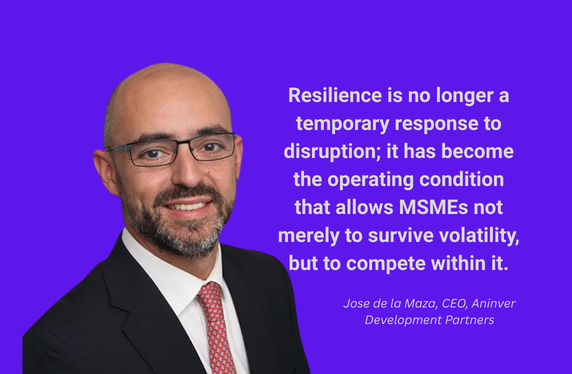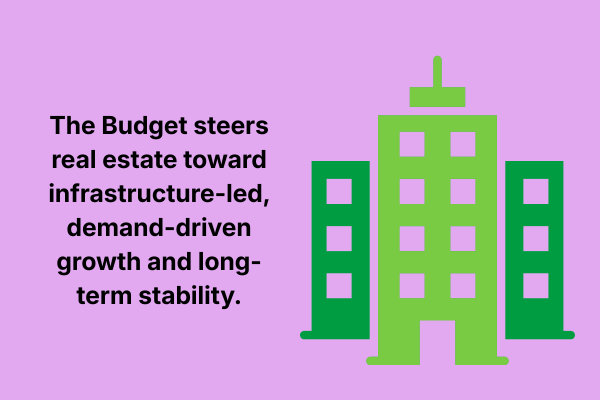The transatlantic alliance is no longer the pillar of global economic power. Once dominant, it now struggles with stagnation, while emerging economies reshape trade, finance, and diplomacy in a multipolar world.
For decades, the world was defined by the economic and geopolitical dominance of the United States and Western Europe. Today, that order is unraveling. Power is shifting—not just eastward, but southward, as BRICS nations emerge as the new centers of economic and political gravity.
The Decline of Western Economic Dominance
The numbers tell the story. Europe’s share of global GDP has plummeted from 21% in 1980 to 14% in 2023. Germany, once the industrial engine of the EU, is battling recession risks and losing competitiveness to China. France faces economic stagnation and political volatility. The UK, post-Brexit, is struggling to find its footing. Meanwhile, Western economies grapple with an aging population, declining productivity, and stagnant growth.
In contrast, BRICS nations—Brazil, Russia, India, China, South Africa, and new entrants like Saudi Arabia and the UAE—are expanding. They represent nearly half the world’s population and 35% of global GDP (PPP). While the West tightens its grip on outdated financial structures, BRICS is building alternatives. The New Development Bank (NDB) has approved $32 billion in loans, bypassing Western-led institutions like the IMF and World Bank. Trade within BRICS is flourishing, with India doubling its oil imports from Russia, shifting transactions away from the dollar.
The End of Eurocentric Diplomacy
Diplomatic power, too, is shifting. When the US and Russia held recent back-channel talks, they did not meet in Geneva or Vienna—but in Riyadh. The Middle East, Africa, and Asia are no longer passive players in global affairs; they are actively shaping diplomacy.
For decades, the US and Europe dictated global negotiations through NATO, the G7, and Bretton Woods institutions. Today, these structures increasingly look like relics of a bygone era. BRICS nations no longer seek validation from Washington or Brussels—they are building parallel frameworks for trade, finance, and security.
A Post-Western Economic Order
The idea that the US and Europe remain the center of global economic power is obsolete. The G7 is no longer the engine of growth—BRICS is.
- China’s economy (PPP) is already 30% larger than the US.
- India is set to overtake Germany as the world’s third-largest economy by 2027.
- Russia’s resilience against Western sanctions proves BRICS nations can bypass Western financial controls.
- Brazil’s trade with China reached $157.5 billion in 2022, reducing its reliance on the US.
The transatlantic alliance is no longer the foundation of the global economy—it is becoming a regional pact of stagnant economies.
What Should Washington Do?
The US still has leverage—but only if it adapts to new geopolitical realities rather than clinging to outdated Cold War alliances. Its traditional partners in Europe are no longer the drivers of global growth, and resisting structural shifts in finance and trade will only accelerate its marginalization. A strategic recalibration is essential:
- Engage BRICS Economies with Pragmatism, Not Confrontation – Viewing BRICS as a monolithic adversary is a mistake. These nations have diverse economic and strategic interests, and the US must find ways to engage them on common ground—whether through trade, investment, or technology partnerships. A rigid confrontational approach will only push them further toward alternative economic frameworks.
- Adapt to De-Dollarization, Not Fight It – The shift away from dollar-based trade is irreversible. Countries are already settling oil, commodities, and bilateral trade in local currencies. Instead of futile resistance, the US should modernize financial diplomacy, ensuring that the dollar remains relevant in a multipolar financial system.
- Pivot to Growth Markets, Not Stagnant Alliances – The economic epicenter has moved to Asia, Africa, and Latin America. Clinging to Europe as the default strategic partner is a mistake—its influence is waning. The US must actively engage with emerging economies, recognizing that the real opportunities now lie within the same BRICS-aligned nations it has long sidelined.
Washington still has a window to act—but hesitation will cost it geopolitical relevance. The old order is fading. The G7 no longer dictates global economic policy. BRICS is redefining trade, finance, and diplomacy. The real question for Washington is not whether to engage with this new reality—but whether it will do so before it is too late.
Author Profile

-
Perumal Koshy is Editor of Global SME News and Director of Strategic Initiatives at Enterprise Futures Lab. He writes on MSMEs, enterprise development, and policy issues affecting small business ecosystems.
Linkedin: https://www.linkedin.com/in/caushie/
Latest entries
 FEATURED2 February 2026Outlook 2026 | Real Estate: Infrastructure-Led Growth, Integrated Communities, and the Trust Imperative
FEATURED2 February 2026Outlook 2026 | Real Estate: Infrastructure-Led Growth, Integrated Communities, and the Trust Imperative Entreprenurs30 January 2026Quality, Crisis, and Consistency: The Rungta Tea Story
Entreprenurs30 January 2026Quality, Crisis, and Consistency: The Rungta Tea Story Entreprenurs21 August 2025Entrepreneurship, Values, and Corporate Governance: Building Nations, Not Just Profits
Entreprenurs21 August 2025Entrepreneurship, Values, and Corporate Governance: Building Nations, Not Just Profits Africa13 August 2025 A New Landmark Report Calls for Rethinking SME Policies, Digital Readiness, and Sustainable Growth
Africa13 August 2025 A New Landmark Report Calls for Rethinking SME Policies, Digital Readiness, and Sustainable Growth








